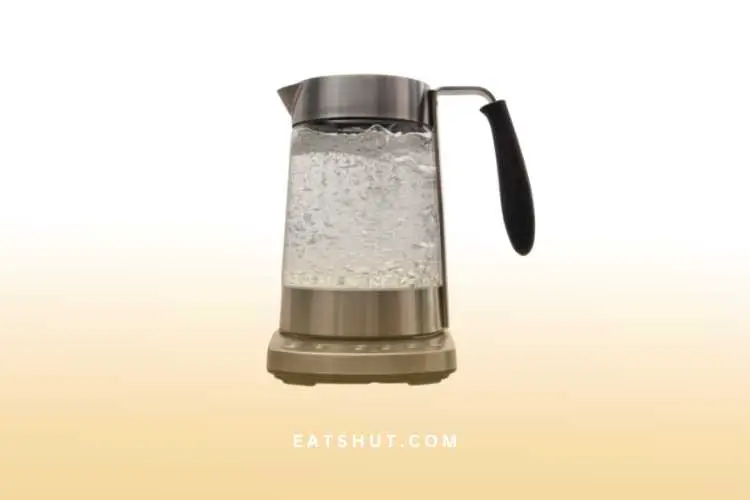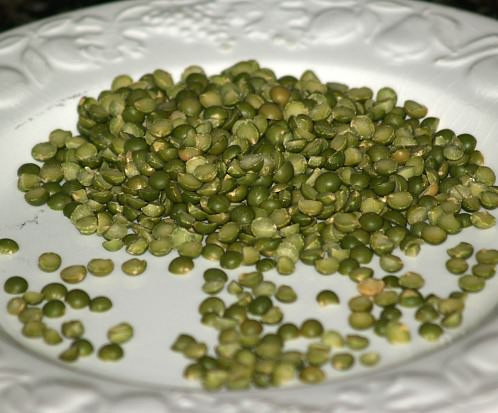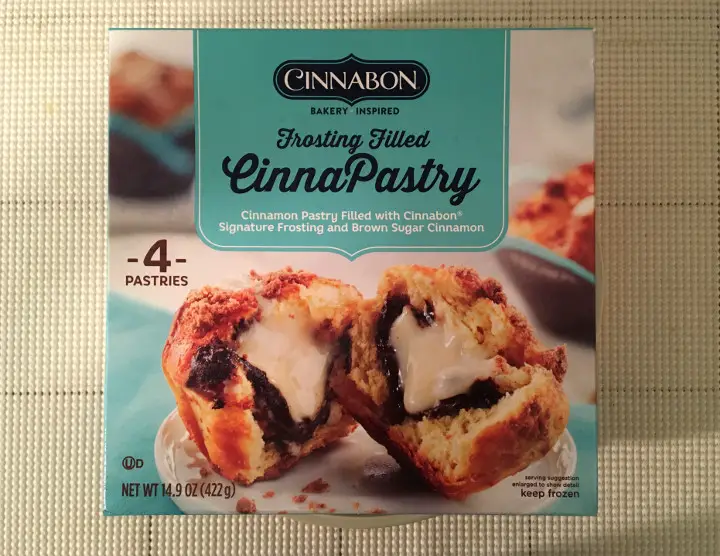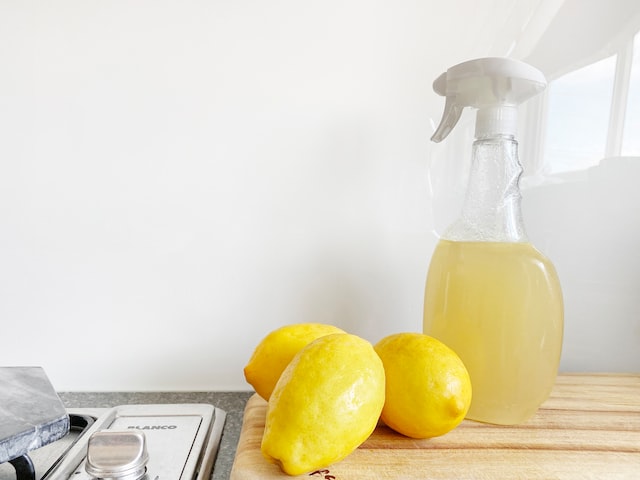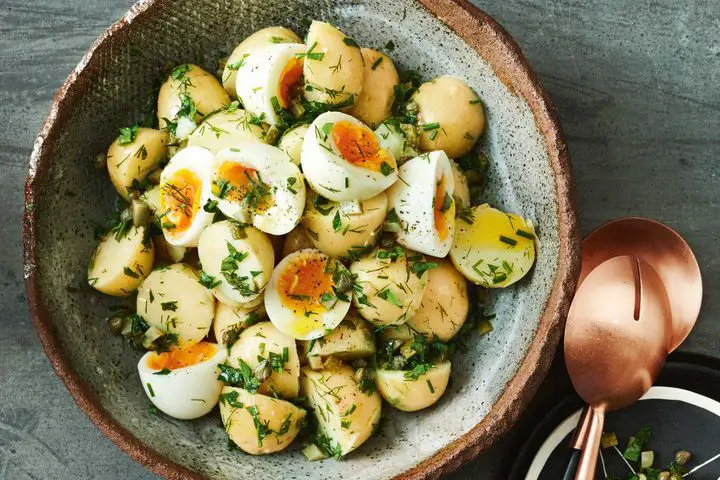When making the perfect cup of tea or coffee, temperature plays an essential role in achieving the desired taste and flavor. Thus, knowing how many degrees a kettle boils at is crucial to make that perfect beverage. This article explores the average temperature of boiling water, how kettles work, what temperature they boil at, the best brewing temperatures for different types of tea and coffee roast levels, factors that influence optimal temperatures, thermometers used to measure temperature range, tips to maintain consistent boiling temperatures over time.
Average Temperature of Boiling Water
The average temperature that water boils at is 100 degrees Celsius (212 degrees Fahrenheit) at standard atmospheric pressure level. However, factors such as altitude and atmospheric pressure can impact this. The higher the altitude above sea level you are, the lower atmospheric pressure will be on a kettle surface. Consequently, it affects the boiling point of water. Water boils below 100°C (212°F) at high altitudes because of the low atmospheric pressure.
How Does a Kettle Work?
An electric kettle has a heating element that generates heat either from electricity or gas when switched on. The heat energy emitted by the heating element initiates water molecules’ movement, causing them to collide with each other and increase their kinetic energy. Heat transfer happens from heating elements to a thin metal base that contacts the coolant fluid use to carry heat away from its source.
Kettle operates based on various physical laws like electrostatics and thermodynamics. Whenever you switch on an electric kettle when it’s full of cold water initially gives out very little steam because as it heats up inside; moisture evaporates continuously through small pores in your kettle wall until bubbles finally form around where hotspots exist on its walls.
What Temperature Does a Kettle Boil At?
Two types of kettles help determine their typical temperature ranges: stovetop kettles and electric kettles.
- Stovetop Kettles: A stovetop kettle’s temperature range mainly depends on the kind of stove you use to heat it. The most common temperature ranges between 200°F to 205°F.
- Electric Kettles: Electric kettles are faster and more convenient than stovetop kettles. They usually can reach its typical temperature range within a few minutes. When water reaches boiling point in an electric kettle, it typically ranges between 212°F-220°F or even more.
Best Temperature For Brewing Tea and Coffee
The ideal temperature range for brewing tea varies depending on its type:
- Black Tea: Black tea is generally brewed with boiling water (100°C).
- Green Tea: Boiling water should be cooled down to around 80°C before steeping green tea leaves.
- White Tea: Water should not be allowed to boil before steeping white tea leaves. It should be heated to approximately 75°C.
- Oolong Tea: Similar to green tea, oolong teas require cooler temperatures around 90°C.
Different coffee roast levels also require specific brewing temperatures:
- Light Roast Coffee Beans: Light roast coffees beans are roasted at a lower temperature; therefore, they required a low brewing temperature around 195°F -205ºF.
- Medium Roast Coffee Beans: Medium roast requires slightly higher temperatures up to 210˚F
- Dark Roast Coffee Beans: Dark roast needs higher temperatures that reach up over 212°F
Factors That Can Influence Optimal Temperatures
Various factors influence optimal temperatures when making coffee and tea, and some of them include the age/type/quality of beans/leaves and tannic acid content. Freshness is essential for beans/leaves because the longer they stay, the desired flavors get altered compromising taste quality. Tannic acid offers bitterness when brewed at high temperatures.
Thermometers to Measure Temperature Range
To brew the perfect cup of coffee or tea, you need to know the temperature range your kettle boils at. Various thermometers enable you to measure water temperatures such as:
- Digital thermometer: Shows readings in degrees Celsius or Fahrenheit and has an LCD display.
- Infrared thermometer: Measures surface temperatures without touching them. It’s non-invasive uses laser light technology.
Maintaining Consistent Boiling Temperatures Over Time
Maintaining consistent boiling temperatures over time depends on how well you take care of your kettle. Some tips include descaling your kettle regularly using fresh cold water each time and preheating it before use. Descaling helps remove build-up residues like limescale that may cause inefficient heat transfer, whereas preheating ensures consistent boiling temperatures by minimizing heat loss.
Conclusion
In conclusion, a kettle boils generally at 100°C (212°F) at standard atmospheric pressure level but may vary pegged on altitude and atmospheric pressure factors. The two types of kettles- stovetop kettles and electric kettles have different typical temperature ranges. For tea brewing, different types require varying ideal temperature ranges while various roast levels for coffee beans also require specific brewing temperatures. Several factors influence optimal temperatures when making coffee and tea -reiterating freshness and tannic acid content factor crucially. Place importance on proper maintenance by descaling the kettle regularly using fresh cold water and preheating it before use to maintain consistent temperatures. With knowledge on maintaining consistent boiling temperatures, Chances are high for achieving that perfect infusion that makes coffee or tea better than an average one; knowing what degree a kettle boils can go a long way in helping achieve that desired objective with ease and precision when making your favorite beverage!
Q&A
Q: Why does a kettle boil?
A: A kettle boils due to the transfer of heat energy from an external source, such as a stove or electric power source, to the water inside. As the temperature of the water increases, it eventually reaches its boiling point and turns into steam.
Q: How hot does a kettle get when it boils?
A: When a kettle is boiling, the temperature of the water typically reaches around 100 degrees Celsius (212 degrees Fahrenheit). However, this can vary slightly depending on factors such as altitude and atmospheric pressure.
Q: How long does it take for a kettle to boil?
A: The time it takes for a kettle to boil depends on its capacity and power output. On average, an electric kettle with a capacity of 1.7 liters takes about 3-4 minutes to boil.
Q: Can you calculate how many degrees a kettle increases in temperature per minute when boiling?
A: Yes, you can calculate this by dividing the temperature increase by the amount of time it takes for the water to reach boiling point. For example, if the starting temperature is 20 degrees Celsius and it takes 3 minutes to reach boiling point (100 degrees Celsius), then the temperature increase per minute would be roughly 27 degrees Celsius.
